20 De Moivre's Theorem Part 1 (Introduction & Visualisation)
Multiplication of two complex numbers in polar form is generalised to n complex numbers. A detailed solution to this example is given:
Use polar forms to evaluate the product of the complex numbers 1+ i, 1- i, 1+√3i and 1-√3i.
The particular case where the n complex numbers are identical is explored
using a GeoGebra animation of the Argand diagram.This lead to a statement of De Moivre's Theorem
Chapters:
00:00 Generalisation to n Complex Numbers
02:06 Example
02:16 Solution to Example
07:15 Particular case of n identical Complex Numbers
09:00 GeoGebra exploration (visualisation)
13:25 Statement of De Moivre's Theorem
15:20 Links to the Playlist "Complex Numbers"
Key words: modulus, argument, conjugate, polar form, Arg(z), GeoGebra, De Moivre's Theorem or Formula, M337, Open University, Unit A1, complex analysis
Previous videos in this series are:
01 What is a Complex Number?
02 Adding, Subtracting and Multiplying Complex Numbers
03 Dividing Complex Numbers
04 Complex Conjugates
05 The Field of Complex Numbers
06 The Complex Plane
07 The Modulus of a Complex Number
08 Distance on the Complex Plane
09 Properties of the Modulus of a Complex Number
10 Complex Numbers and the Unit Circle
11 The Polar Form of a Complex Number
12 The Principal Argument of a Complex Number
13 The Geometrical Effects of Multiplying by a Complex Number
14 Multiplication of Complex Numbers in Polar Form
15 The Principal Argument when Multiplying Complex Numbers
16 The Geometrical Effects of Dividing by a Complex Number
17 Division of Complex Numbers in Polar Form
18 Properties of the Reciprocal of a Complex Numbers
19 Conjugates and Reciprocals of Complex Numbers
-
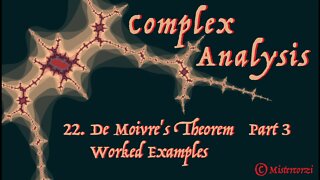 16:02
16:02
Mistercorzi's Maths Videos
3 years ago22 De Moivre's Theorem Part 3 (worked examples)
14 -
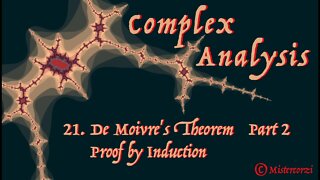 12:22
12:22
Mistercorzi's Maths Videos
3 years ago21 De Moivre's Theorem Part 2 (proof for all Integers)
3 -
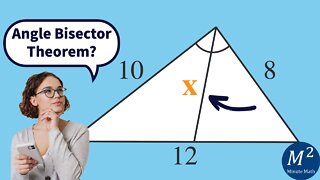 5:29
5:29
Minute Math
1 year agoHow to Use the Angle Bisector Theorem and Stewarts' Theorem with an Example | Minute Math #geometry
7 -
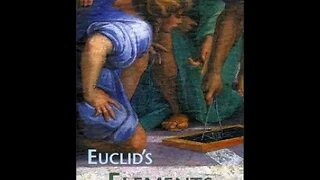 0:58
0:58
¡Hitheretthither!
1 year agoEuclid's Elements A Quick Introduction
42 -
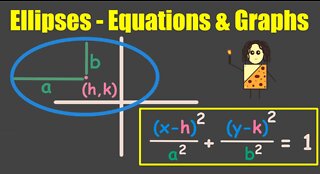 24:28
24:28
Learn Math with Caveman Chang
2 years agoEquations of Ellipses (Standard Form) & Graphing Ellipses
22 -
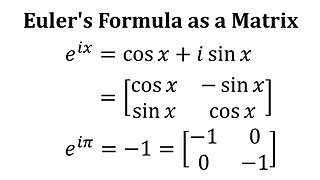 11:36
11:36
Math Easy Solutions
1 year ago $0.01 earnedEuler's Formula as a Rotation Matrix
671 -
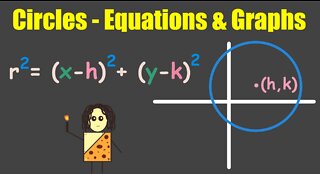 17:06
17:06
Learn Math with Caveman Chang
2 years agoEquations of Circles (Standard Form) & Graphing Circles
51 -
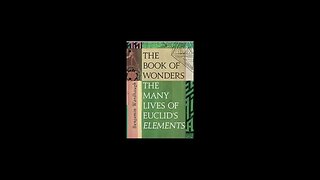 0:59
0:59
¡Hitheretthither!
1 year ago📐 Euclid's Elements A Quick Introduction 📐
43 -
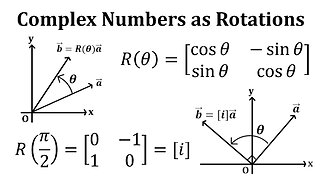 12:50
12:50
Math Easy Solutions
1 year agoComplex Numbers as Vector Rotations
751 -
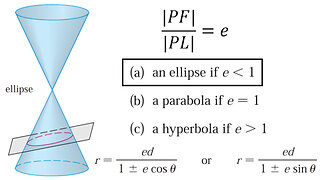 44:12
44:12
Math Easy Solutions
1 year agoConics in Polar Coordinates: Unified Theorem: Ellipse Proof
1301